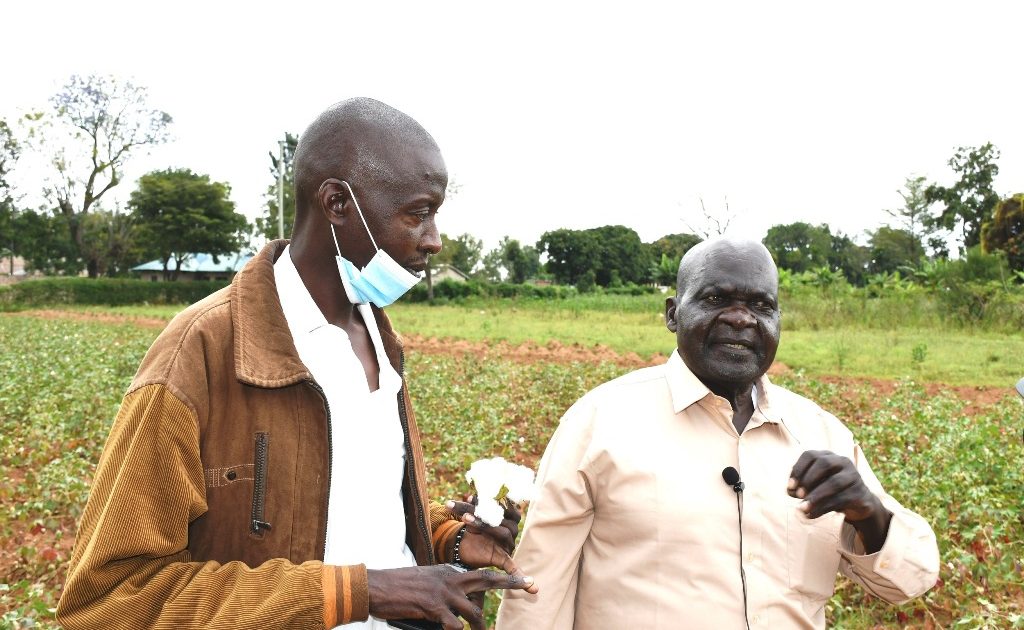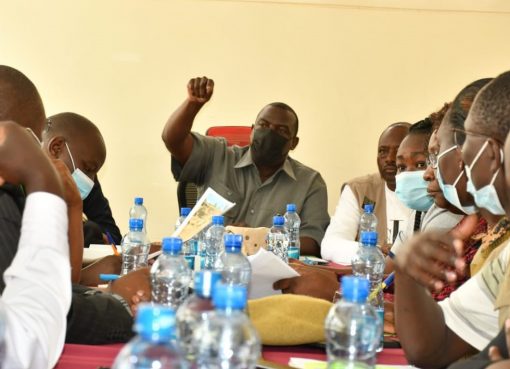Cotton farmers in Busia’s Teso North Sub County have decried a scarcity of pesticides that is posing a threat to cotton production.
Jairosi Cotton Farmers Cooperative Society Manager Edward Oteba who spoke to KNA on Monday said the farmers are now worried they may incur losses this season as aphids continue to ravage their farms.
He disclosed that a local cotton miller enterprise which distributed cotton seeds for planting this season had promised farmers that they would supply pesticides to facilitate the spraying of the crop to guard against an attack by pests.
He however noted that the miller is yet to honour the promise three months after planting hence exposing the cultivated crop to pests.
“Attempts to get an audience from the miller about the promise have not yielded fruit. We will have to act on our own to save the crop from destruction.
“We held a meeting last week to agree on the way forward. We decided that every farmer should buy pesticides on their own because the people who promised to bring us pesticides are yet to honour the pledge,” Oteba said.
The society chairman regretted that with the numerous challenges the cotton industry is facing its’ projected revival will continue to be a pipe dream.
He cited a case of the 2021 planting season where most farmers were forced to plant food crops after failing to receive seeds ahead of the planting season.
The society’s chairman Aggrey Emojong echoed Oteba’s sentiments urging farmers to shoulder the burden of procuring pesticides in order to save their crops.
He appealed to both the national government and county government of Busia to intervene and institute policies that will safeguard cotton farmers from the sector’s stakeholders who are not keen on its revival.
“They should have said in advance that they are unable to supply the pesticides so that farmers can plan for themselves.
“Farmers are now stuck because some of them cannot afford to buy the drugs. The aphids are attacking the crop and our members who will not be able to afford the pesticides may lose the crop before harvesting,” Oteba said.
By Melechezedeck Ejakait




